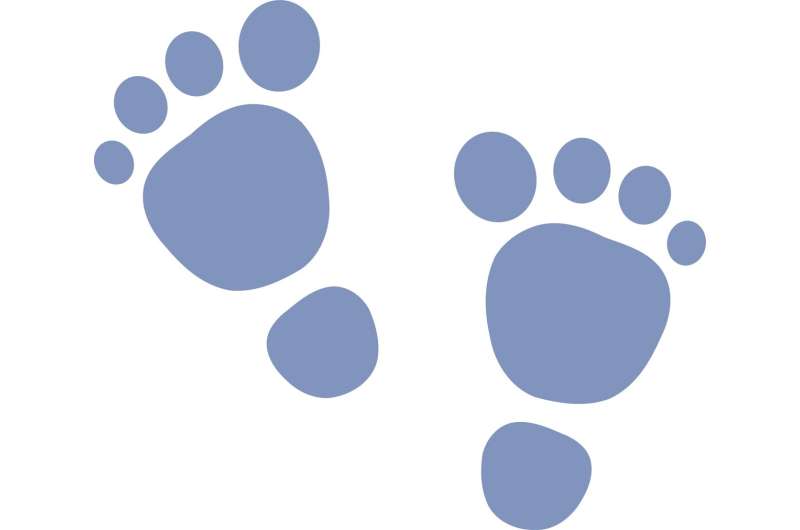Study finds racial, ethnic disparities in rate of medical intervention among earliest premature babies

Periviable births, which include infants born between 22 weeks, zero days, and 25 weeks, six days gestation, occur in four out of every 1,000 deliveries in the United States, but account for nearly 40% of all neonatal deaths. Further, most of these births occur in racial and ethnic minority communities.
The decision to pursue potentially life-saving treatment in neonates born within this periviable period is challenging for both families and clinicians. Even when the infant survives, there is a high risk of potentially life-long adverse health outcomes for the child, including challenges with neurological function, intellectual development, behavior and physical mobility.
According to a study conducted by experts at The Ohio State University Wexner Medical Center and College of Medicine and published in the Journal of the American Medical Association (JAMA), the rate of medical intervention for infants born in the periviable period has significantly increased across the U.S. from 2014 to 2020. However, infants born during this period to mothers of minority racial and ethnic groups, including Asian, Black and Hispanic mothers, were less likely to receive medical intervention at birth, compared to white mothers.
"Our findings highlight the need for further research to understand racial and ethnic disparities in neonatal intervention at the cusp of viability," said the study's lead author Dr. Kartik Venkatesh, a maternal fetal medicine specialist at Ohio State Wexner Medical Center. "While neonatal care in the periviable period has continued to improve over the past decade, periviable birth is a major source of maternal and neonatal morbidity and mortality. To achieve equitable and improved outcomes for all pregnant individuals and their infants, we must address persistent racial and ethnic disparities in treatment decisions and outcomes in this critical time period of periviability."
Venkatesh and his team reviewed National Center for Health Statistics data for nearly 62,000 babies born in this periviable stage between 2014 and 2020. Of those births, 37% were Black, 34% were white, 24% were Hispanic and 5% were Asian/Pacific Islander.
"In the coming years, it is possible we will experience an increase in periviable births, and at earlier gestational ages, in light of recent changes to laws governing reproductive freedom and choice," said Venkatesh, also an assistant professor of Obstetrics and Gynecology. "Furthermore, it is possible persistent racial and ethnic disparities that exist in maternal and neonatal care and outcomes could be worsened in this environment. The results of our study can hopefully spur further clinical and public health intervention to address persistent racial and ethnic disparities in maternal and neonatal care in the U.S."
More information: Kartik K. Venkatesh et al, Trends in Active Treatment of Live-born Neonates Between 22 Weeks 0 Days and 25 Weeks 6 Days by Gestational Age and Maternal Race and Ethnicity in the US, 2014 to 2020 Journal of the American Medical Association (2022). DOI: 10.1001/jama.2022.12841





















